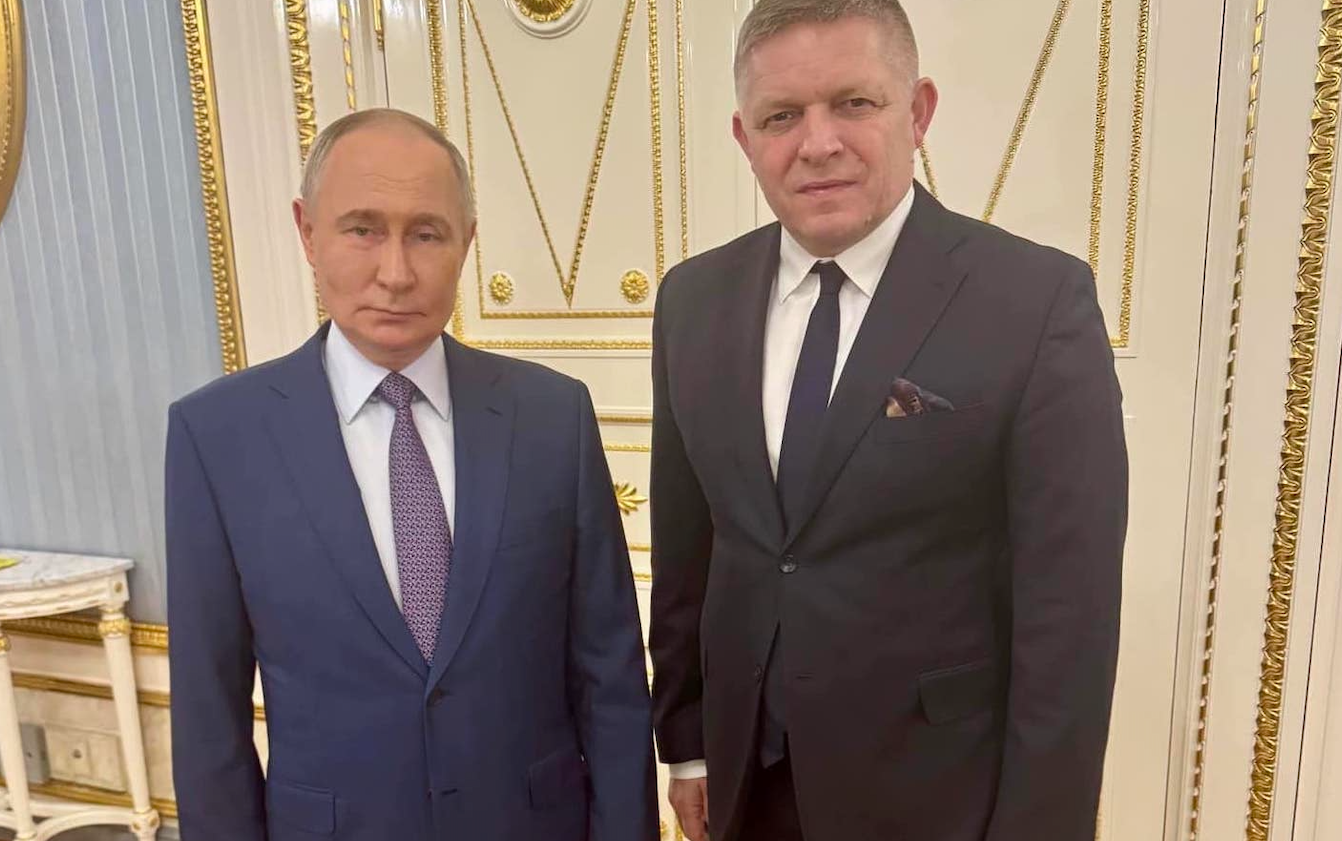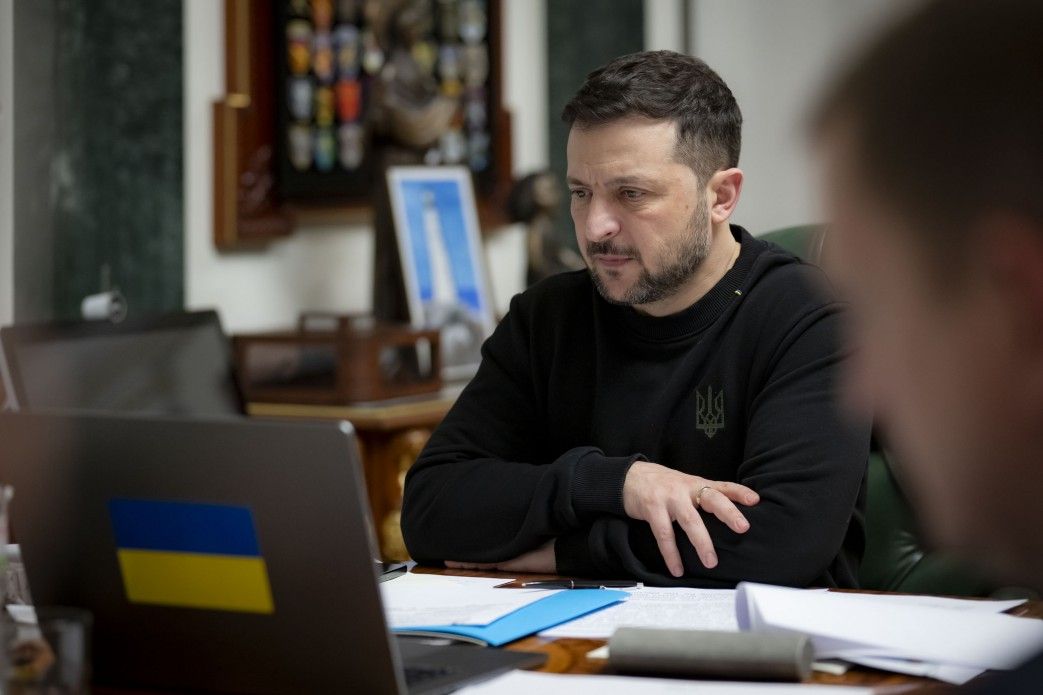Slovak PM threatens Ukraine with aid cuts over halted Russian gas transit

Slovak Prime Minister Robert Fico escalated threats against Ukraine on Jan. 9, warning of severe consequences in response to Kyiv’s suspension of Russian gas transit, Slovak media outlet Teraz.sk reported.
He was speaking after talks with EU officials in Brussels.
Kyiv terminated Russian gas transit on Jan. 1, citing its refusal to finance Russia’s war. Slovakia, which had previously imported Russian gas through Ukraine, has voiced concerns over the decision's economic impact.
Fico said that Slovakia could halt its humanitarian aid to Ukraine, cut or cancel social benefits for Ukrainian refugees, and cease emergency electricity supplies to Ukraine. He also suggested using Slovakia's veto power over EU decisions as leverage against Kyiv.
The prime minister noted that these steps would only be taken if Slovakia "has no other choice."
Fico also announced the immediate formation of a working group comprising representatives from Slovakia, Ukraine, and the European Commission to address the issue.
The Jan. 7 meeting between Slovak, Ukrainian, and European Commission representatives in Brussels was canceled after Ukrainian Energy Minister Herman Halushchenko remained in Kyiv to address urgent energy issues.
Hungary has also expressed opposition to Ukraine’s energy policies. Hungarian Foreign Minister Peter Szijjarto criticized a Ukrainian parliamentary bill proposing a halt to Russian oil and gas transit during martial law, calling it "unacceptable" in a Jan. 8 Facebook post.
Szijjarto underscored Hungary's power to influence Ukraine’s EU aspirations, noting that all member states must unanimously approve new admissions.
Since taking office, Fico has shifted Slovakia’s foreign policy, halting military aid to Ukraine and adopting rhetoric more aligned with Russia, raising concerns among Kyiv and European partners.
Despite the EU’s push to cut reliance on Russian fossil fuels, Slovakia remains dependent on Russian gas, bound by a long-term contract with Gazprom, Moscow's state-owned energy giant.













